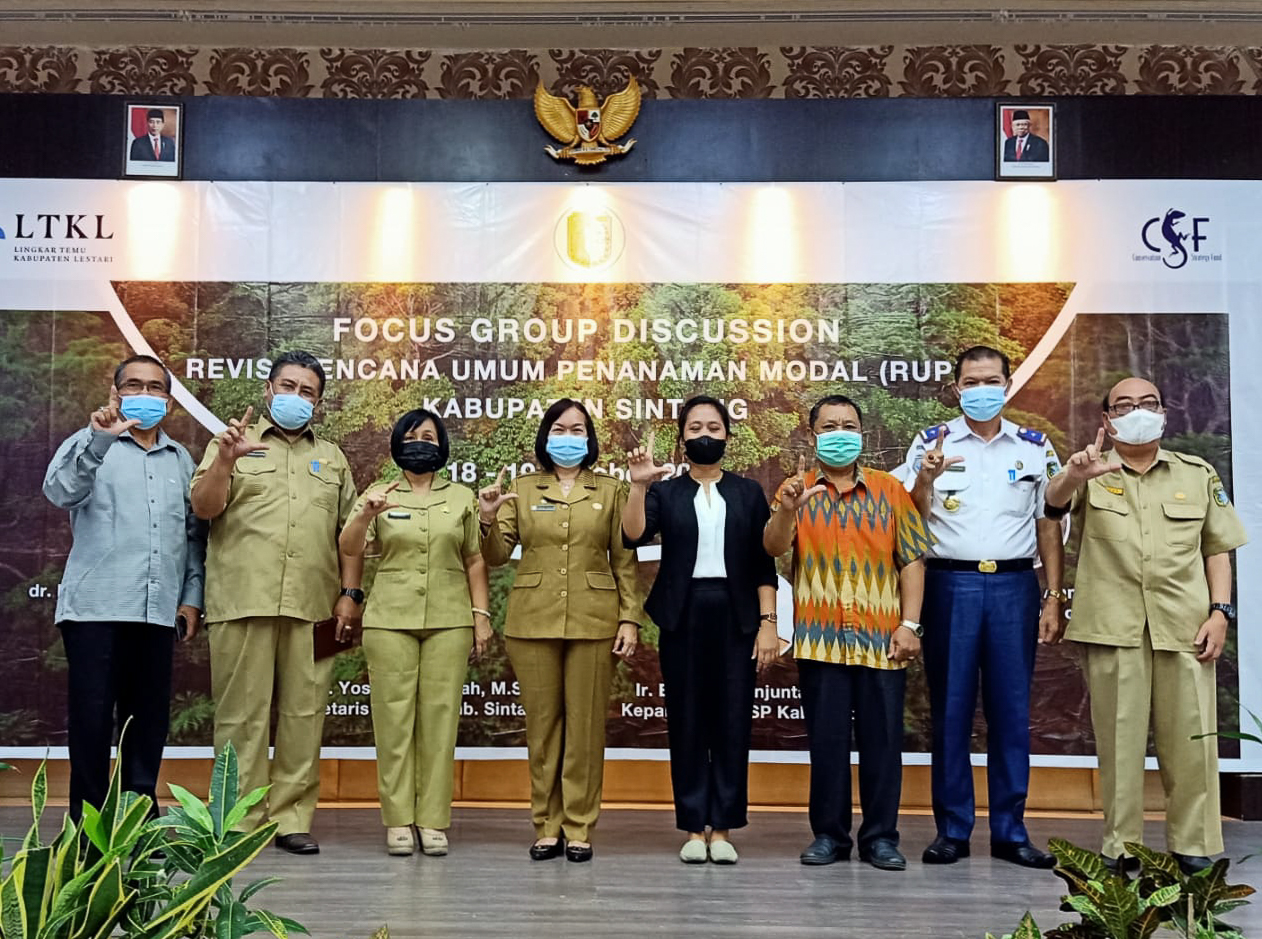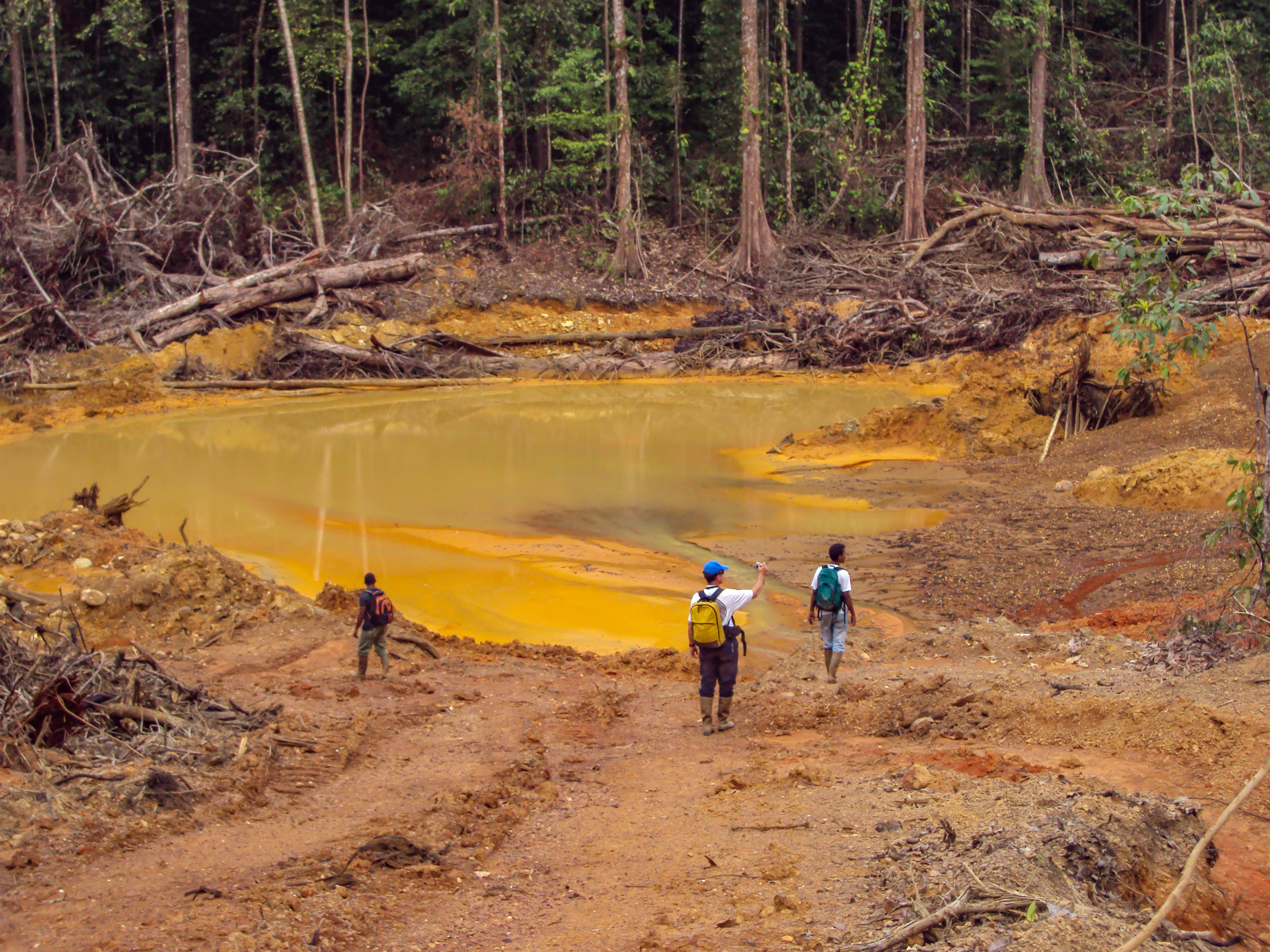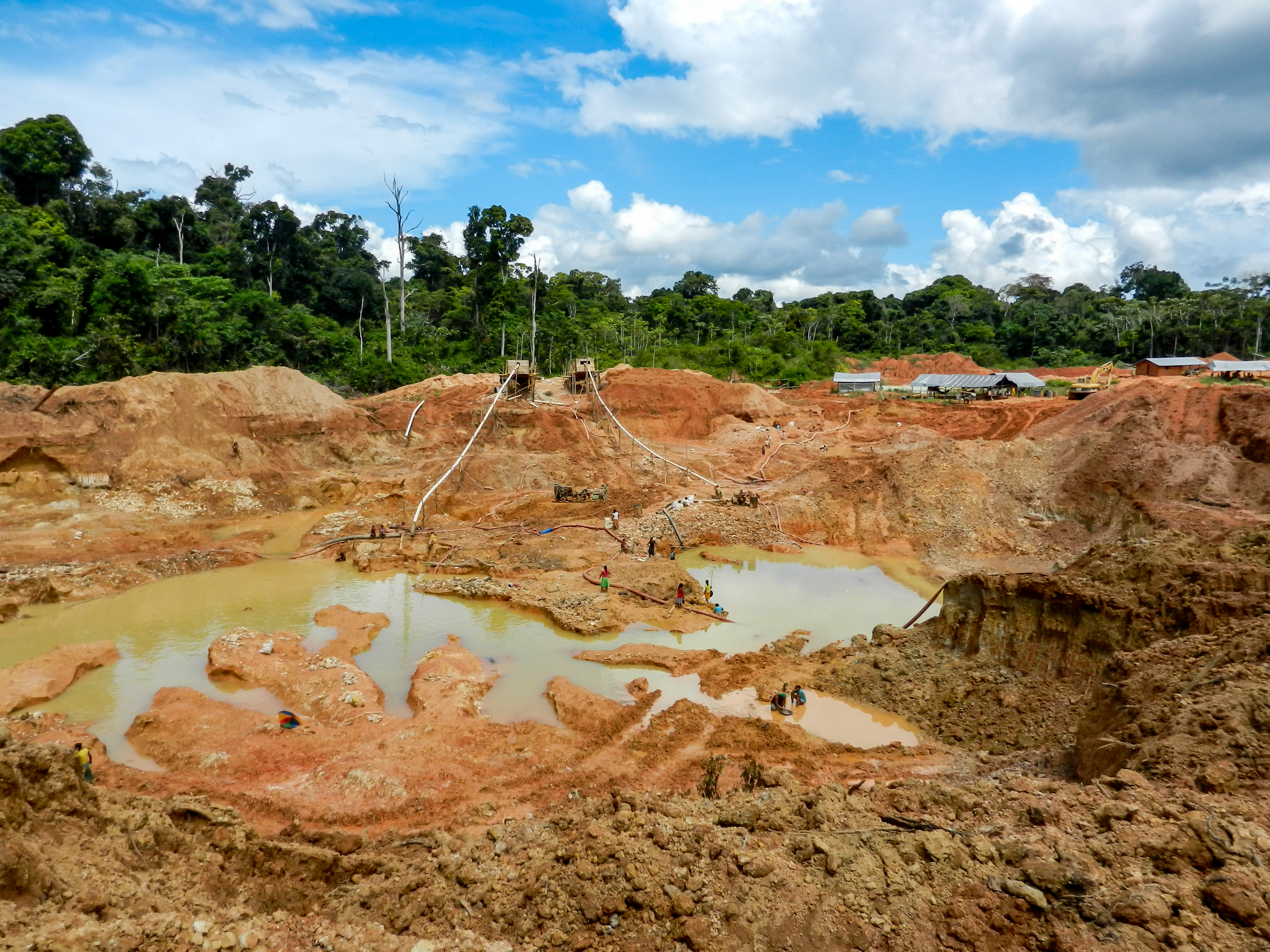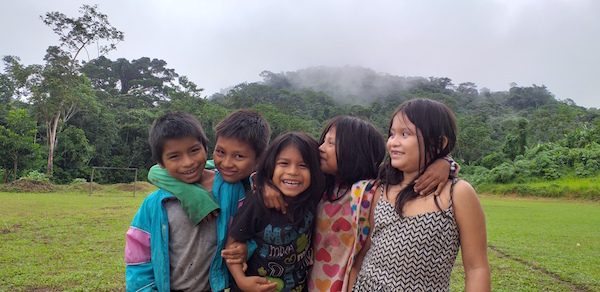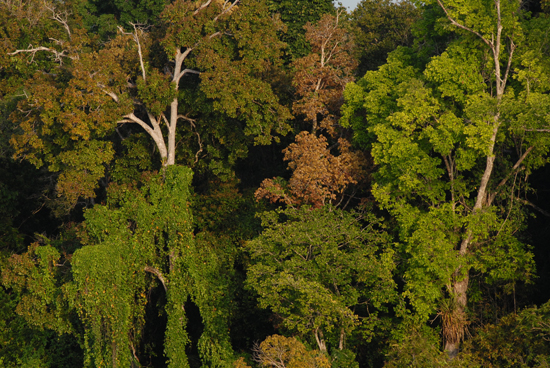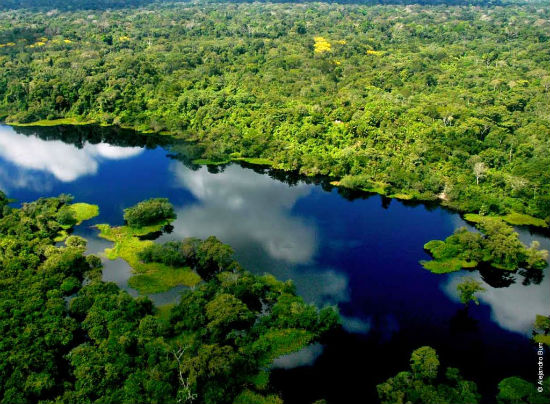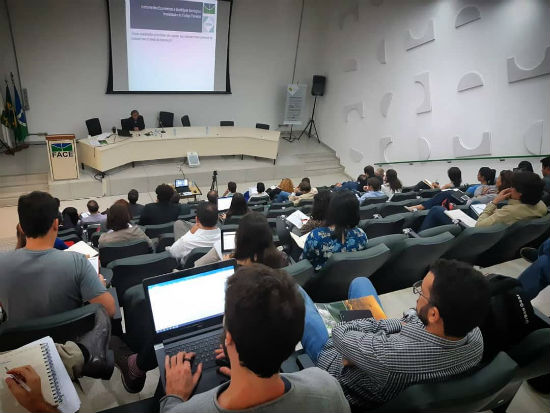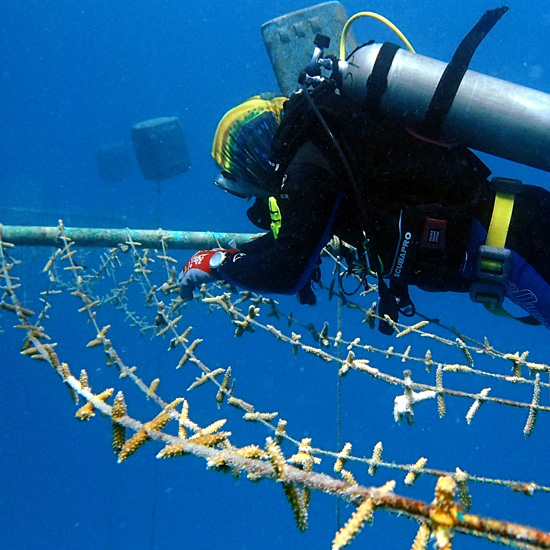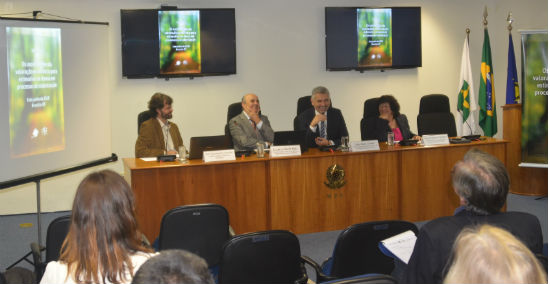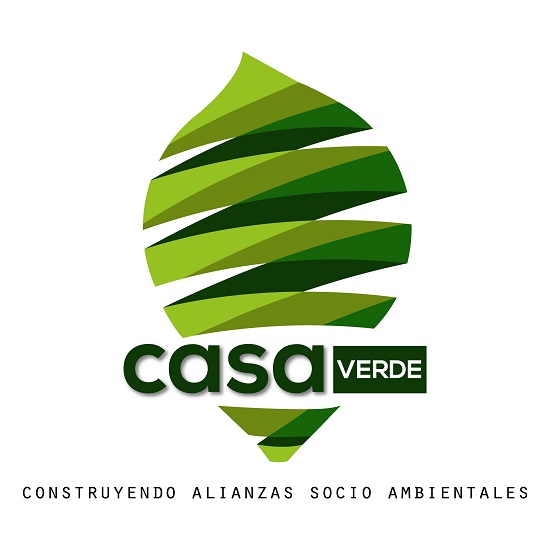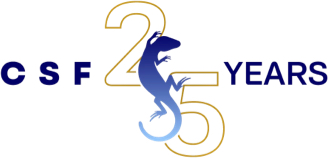News
The Focus Group Discussion’s participants. Photo credit: Hasan Adha Fauzi
O Brasil é um dos maiores consumidores de agrotóxicos do mundo. De acordo com dados fornecidos pelo Instituto Brasileiro do Ambiente e dos Recursos Naturais Renováveis (IBAMA), o consumo de agrotóxicos no Brasil está aumentando rapidamente com cerca de 162.000 toneladas de agrotóxicos utilizados em 2000, em comparação com as cerca de 549.000 toneladas utilizadas em 2018.
Brazil is one of the largest consumers of pesticides in the world. In fact, according to data provided by the Brazilian Institute of the Environment and Renewable Natural Resources (IBAMA), Brazil’s consumption of pesticides is rapidly increasing with roughly 162,000 tons of pesticides used in 2000 compared to the roughly 549,000 tons used in 2018.
In partnership with the Forest Code Observatory (OCF) and Brazilian State level Environment Agencies, CSF-Brazil has concluded a study on the implementation of Environmental Reserve Quotas (CRAs) in the state of Maranhão (MA), and opportunities in Bahia (BA) and Tocantins (TO). We aim to support MA in the CRAs market implementation and to promote dialogue and experience sharing among MA, BA and TO. The ultimate goal of the study is to promote ecosystem and forest conservation in a more economically efficient and environmentally sound way in the Amazon, Cerrado and Caatinga Brazilian biomes.
Photo credit: Alejandro Burr.
On August 7th, 2018, CSF-Brazil, the Forest Code Observatory (OCF) and the Brazilian Biodiversity Fund (Funbio) facilitated a "Dialogue on economic instruments and ecological identity for the Forest Code implementation." Forty-five professionals, representing government, research institutions and rural producers, attended the event in Brasília. The dialogue provided a forum to discuss possible ways of implementing the provisions of the Forest Code (Law 12.651 / 2012), including economic incentives, Legal Reserves (LRs) compensation, and the ecological identity requirement for compensation - according to the ruling of the Supreme Court Federal Court (STF) in February 2018 - with a special focus on the Environmental Reserve Quotas (CRAs) market.
Phanor Montoya Maya, Director of Corales de Paz, Colombia. Photo: Niki Gribi
Most decisions regarding the environmental and social impacts of infrastructure projects in the Brazilian Amazon are arbitrated by judges, which means that there are often no clear criteria to establish compensation values.
For the past year, CSF-Bolivia has been working on an innovative platform called CASA Verde which aims to engage different sectors of Bolivian society including conservation NGOs, private companies, and the general public, who are interested in contributing to environmental conservation. The main objective of CASA Verde is to improve conservation of ecosystems that sustain life and productive activities in Bolivia by promoting greater participation and awareness in society. CASA Verde will also contribute to the implementation of the commitments assumed by Bolivia in the National Development Plan, as well as the achievement of the Sustainable Development Goals.

